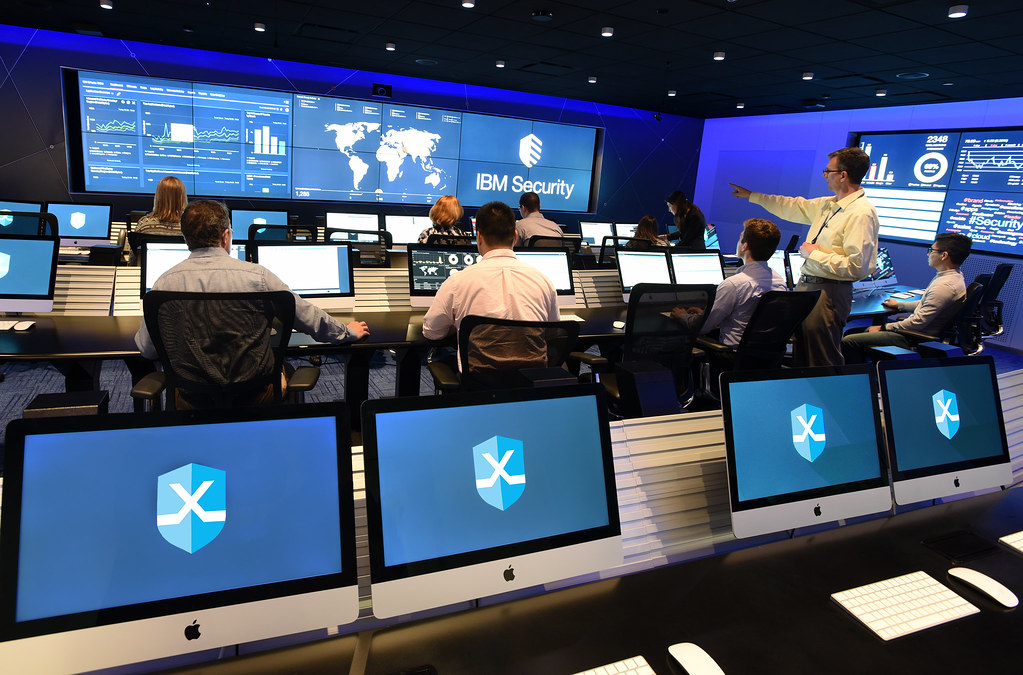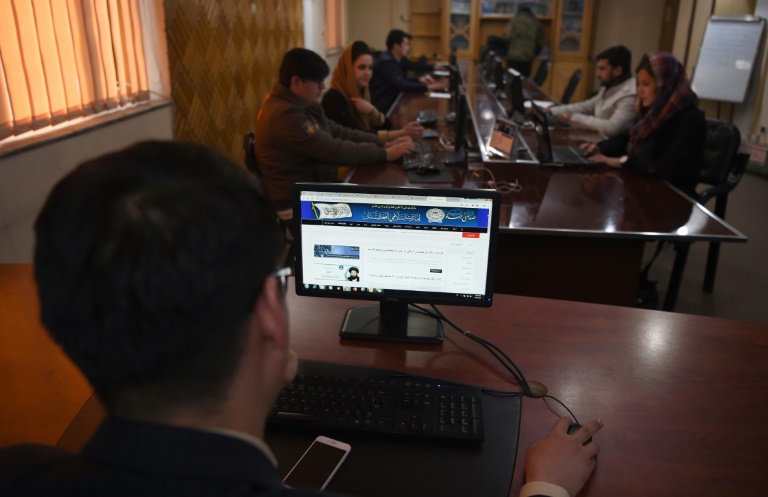At the El Sawy Culture Wheel in Zamalek, Al-Masry Al-Youm sponsored the "Free Open Source" festival on Saturday, also known as "Install Fest" or "GNU Linux" day. Volunteers held sessions on a range of topics, with a focus on the Open Source concept, explaining how even common applications could enhance user security.
"Closed-sourced computer software is a black box, the operations of which we don’t understand," software developer and Linux enthusiast Abdel Rahman Ghareeb explained. "Open Source tells you what is inside this black box, and how to freely make it, learn it, operate it, change it and redistribute it."
In the beginning, he added, all corporations prevented the sharing of content– programs, music, movies, etc.–by the "All Rights Reserved" rule. This, Ghareeb said, was "a major barrier for human development, imagination and creativity, especially after the extension of copyright law to computer software in 1980."
Ghareeb points out that, in 1983, Richard Stallman, an American "free software" activist, announced the GNU project after becoming frustrated with the orthodox computer industry. Software development for the GNU operating system began in January 1984 and the Free Software Foundation was founded the following year. Over time, Stallman developed the concept of "copyleft," ultimately designed to ensure software freedom for all.
"The Linux kernel was started by Linus Torvalds, a Finnish software engineer who released the Linux Operating System in 1991", Ghareeb said. "The license wasn’t exactly a free software license, but in February 1992, he re-licensed the project under the General Public License."
Ahmed Gharbeia, Al-Masry Al-Youm’s online community manager, described Linux as a "Free-Source operating system." The Linux of today, he said, "comes after twenty years of development and is utilized in millions of devices, computers, mobiles and even pocket-devices."
Gharbeia goes on to explain that the basic idea behind sharing in Open Source is what is called Creative Commons. "It’s about sharing content for others to create other content, and cycle goes on," he said.
Under the new regime, only some–as opposed to all–rights are reserved. "A piece of music can be used in a movie, for example," he said. "The only condition is that the owner’s name must be mentioned in the movie title."
Gharbeia goes on to point to another example of what Creative Commons can achieve through collaborative work. "[Online encyclopedia] Wikipedia is an example of how Creative Commons can create a major encyclopedia through the efforts of millions of people," he said. "The only condition is that Wikipedia must be mentioned as the source."
According to Ghareeb, Free or Open Source software can be a profitable business for individuals as well as companies.
"To begin with, major companies are implementing and supporting Open Source, such as IBM, Sun Microsystems, as well as Google," he said. "Even Microsoft uses Open Source software in running their servers, if not in their own products."
But Ghareeb went on to note that customization, rather than software in its basic state, is what really generates profit. "Customization, maintenance and technical support account for most of the profits," he said. "For example, technical support by telephone can cost up to five euros per minute."
"IT company Red Hat, for example, is totally based on Open Source," he added. "Its main sources of profit are technical support, building IT infrastructure, etc. While most, if not all, closed-source companies suffered high losses in a recession year, Red Hat actually turned a profit."
Ahmed Faissal, a website manager and Open Source enthusiast, began his discussion by listing the relative disadvantages associated with closed-source software. "One of the downfalls of closed source is the EULA license (End User License Agreement), which states that this CD, for example, is only licensed to use the operating system for this PC, and isn’t usable for other people or other PCs," he explained.
Faissal added that, when Windows was created, some developers found the licensing concept inconvenient, so they shifted to Open Source. "With Open Source, the EULA was replaced by a GPL (General Public License)," he said. "The difference is that EULA preserves corporate rights while GPL preserves users’ rights."
"Linux offers thousands of programs under the FOSS GPL, be they games, browsers or graphics utilities," Faissal added. "They’re available in packages existing in servers online rather than by purchasing these utilities on CD, since everything is free."
Faissal also said that Linux was much simpler than Windows. "You only need one click to install it, while for Windows, you need to click on ‘next’ many times," he said. "Linux offers you all the basic tools to work the moment you finish installation."
"Plus, instead of looking for pirated or ‘cracked’ software, which is illegal, all Open Source programs are available in free, legal packages," added Faissal. "So there’s no scope for piracy."
Faissal concluded by noting how secure Open Source can be relative to its closed-source counterparts.
"Linux boasts very high security levels, since there are no viruses due to the community spirit among Linux developers," he said. "With Windows, you can use data for viruses along with many other threats, while in Linux, the only threat is the threat of ‘crackers’–which one can never be 100 percent secured against anyway."




